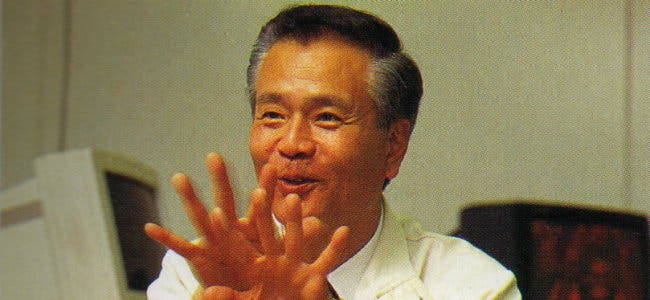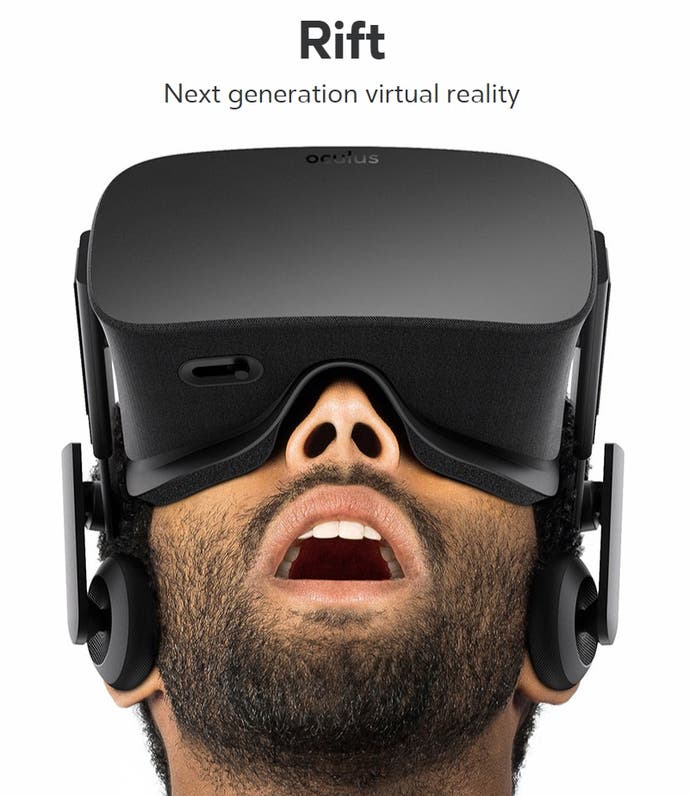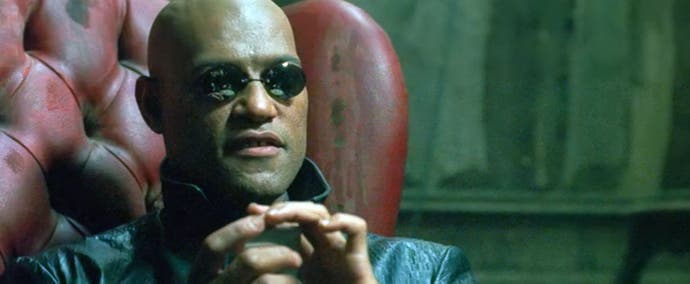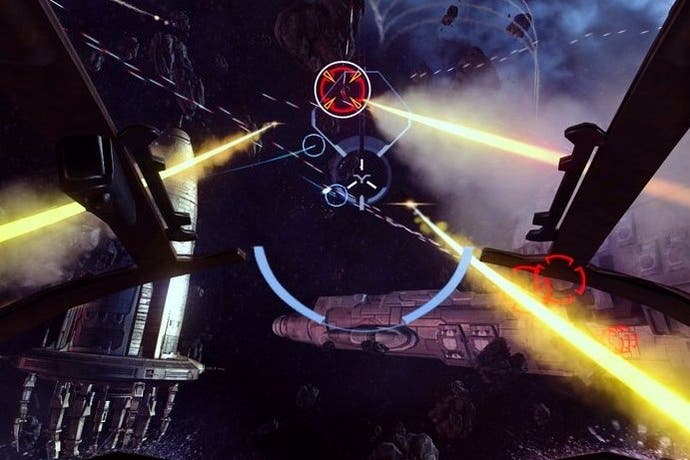Rich Stanton on: Virtual insanity
Nothing's Better Than Life.
One of my heroes is Gunpei Yokoi. Nintendo's master engineer in the early years, Yokoi transitioned from designing physical contraptions like the Ultra Hand to the calculator-inspired Game & Watch and then the Parnassus of the Game Boy. Yokoi was a genius and yet, at the end of his time at Nintendo, there is one haunting image.
At the Shoshinkai Game Show in 1995 Nintendo is showing off the N64, and the stunning Super Mario 64 in playable form, for the first time. Company president Hiroshi Yamauchi knows that Sony's Playstation is the new threat, and focuses the company's presentation on the new machine. In a room off the main corridors Gunpei Yokoi - immaculately presented as always in suit and tie - personally demonstrated the recently-released Virtual Boy, his 'virtual reality gaming headset,' to a bare trickle of people.
No-one was interested because the Virtual Boy was fated to fail, rushed to launch so Nintendo could focus on the N64 and quickly abandoned when initial sales were low. The investment was nevertheless significant, and though Yokoi would finish up by designing the Game Boy Pocket he soon left Nintendo, the company he had helped build.

The Virtual Boy was not a success. But it is some sort of step along the circuitous path of video game VR, perhaps the most over-promised and under-delivered quality in history. It is in the first case an impossible concept: any sufficiently convincing reality could not be virtual. But the more immediate problem was crap graphics: from the 1970s and beyond Virtual Reality in Capital Letters Has Been Promised and yet mysteriously never turned up.
Who am I to suggest Oculus Rift is part of this eternal-seeming cycle, not least of all because it is genuinely impressive tech. Seeing all the cooing that's been going on about Oculus reminds me of playing EVE: Valkyrie using the DK2: both astonishment and sheer joy at how convincing and fun the experience was, but nevertheless the awareness that this was an amazing trick. It was great.
The Rift is now one of many upcoming VR devices, all with their own kinks but basically the same thing. Who doesn't love a good peripheral, but the suitability of VR as it exists for gaming is overblown. The genius of EVE: Valkyrie is that it is a ten-minute game. Imagine you are in a spaceship's cockpit: it's real. You look down and see the panels, suddenly you're launched exuberantly into space, and the next moments are simple wonder at the stars and spaceships and planets. The illusion is amazing and intense, though the weight of the headset and reality of an Xbox 360 controller are vague anchors. By the end, like any good rollercoaster, you've had enough.

I know people who play Elite: Dangerous a lot and have easy access to Oculus DK2s to play it with. Most of them seem to choose to play without: after all, it's a game you can spend hours in without realising. What is amazing about VR in this example is looking around the cockpit, and the Oculus has no detectable latency, but after 15 minutes of continually craning your neck the charm lessens. One could propose there is a point in time, hanging there in space, where the amazing illusion begins to receive diminishing returns.
It's no fault of the developers, it's just that players happen to also have physical bodies. The Oculus devkit I've worn, DK2, is the last iteration before Q16's (urgh) consumer version, and has a significant weight. It's fine for a while and then begins to ache. This can be compensated for to a degree by posture and positioning. Not included in this weight are your surround-sound headphones.
And I'm not saying this is a problem. Oculus is great in small doses. But some things make you wonder.
Oculus just held a pre-E3 jamboree in San Francisco announcing it would ship with an Xbox One controller, an event that came complete with Mr Frozen Toothpaste himself Phil Spencer on-stage. They said the headset was light as a feather and the new in-built speakers would eliminate any need for headphones and here's Ted Price and this is a paradigm shift. Palmer Luckey himself demoed some hand-band controller prototypes. Pre-order now.
The problem is it's still a box on your face. There are times in everyone's life when that's fine, but over the next week the bulls*** detectors will be exploding and VR is back in prime position. That's not to say that the Oculus and Morpheus and so on aren't great, but as it is they are niche gaming devices. A moment from the Oculus presentation that was swiftly and roundly mocked was the sheer banality of wearing an Oculus to 'be' in a virtual living room looking at a virtual TV screen playing a game. It does hint at a certain poverty of imagination.

And not that this is a minor point, but VR only does first-person. Virtual worlds gain a good part of their wonder because we are able to explore them at remove, in third-person or from far above or in the abstract. It is not that one is better than the other, but why lose either?
Yet VR is 'real' like it never has been before. No matter the fate of the Oculus Rift it is some kind of landmark on that path: limited in application, but absolutely convincing for moments. Years from now it may well own the world, and Facebook's sights are set far beyond games.
But this is not what Virtual Reality is today, or next year. All of these headsets are great things but beware the prophets calling them a core part of video gaming's future, rather than a niche market. Jaws can drop, but just as soon return to regular chewing.
True Virtual Reality will arrive at some point but, whatever resolution and framerate improvements are made, the current technology remains a compromise. VR is a seductive vision, so deep it can pull in a master like Gunpei Yokoi: one has to admit, it is a goal worth striving for. We are privileged to watch these pioneers but, at the same time, we shouldn't mistake steps for giant leaps.

